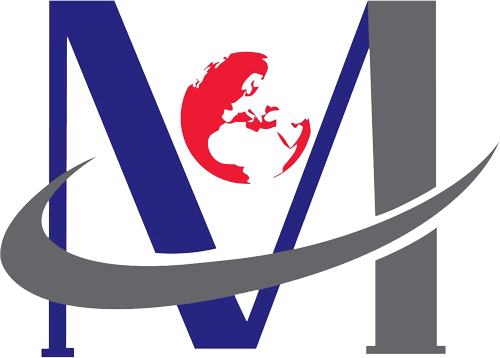The RMG industry is highly competitive and open has complex supply chains due to its global sourcing and demand for fast, flexible production cycles……


This involves procuring fabrics, trims, and other materials. RMG companies must ensure these materials meet quality standards, are cost-effective, and align with production schedules. Suppliers are open and located globally, making strategic sourcing decisions crucial for cost and efficiency.

RMG supply chains integrate design and sampling processes to align with current fashion trends. Close collaboration between design, sourcing, and production teams ensures the garments meet aesthetic, functional, and quality standards before mass production.

The RMG manufacturing process includes cutting, sewing, finishing, and packing. Managing production facilities requires close access to labor, productivity, quality control, and ethical standards. Ensuring products on timelines are met is critical, especially for high-volume or fast-fashion orders.

RMG companies rely on logistics to move products efficiently from production to buyers across the globe. This includes selecting shipping methods, coordinating transportation, handling customs, and ensuring timely delivery. Efficient logistics management is especially crucial to meet tight deadlines and fulfill rapid replenishment needs.
Quality checks occur at various stages, from raw materials to finished garments. Quality assurance ensures that each product meets the standards required by the buyer, which minimizes returns, reworks, and customer dissatisfaction.
Efficient inventory management is key to balancing supply and demand, avoiding overproduction, and reducing storage costs. Warehousing solutions allow RMG companies to stock finished garments before shipping, especially during peak seasons.
Building strong relationships with suppliers and subcontractors helps secure reliable sources, better prices, and consistent quality. RMG businesses often work with multiple suppliers, so transparent communication and effective management are essential to coordinating production and reducing disruptions.
Ethical and sustainable practices are increasingly important in RMG supply chains. Ensuring compliance with labor laws, environmental regulations, and certifications (e.g., Fair Trade, BCI cotton) is crucial for maintaining brand reputation and customer trust.
RMG companies use software solutions (e.g., ERP systems, SCM software) to monitor inventory, track orders, manage production, and forecast demand. Data analysis can also help identify trends, optimize inventory, and improve decision-making.
RMG supply chains face potential risks like price volatility, labor shortages, or supply disruptions. Diversifying suppliers, maintaining backup production options, and proactively managing risks can help minimize costly delays.

Our one stop service with full facilities in own factory along with our 12 partners /associates factories with prdution accommodation of 20-25 million pieces capacity in a year.
Level:8, Plot # 09, Road # 07, Sector # 04, Uttara Model Town, Dhaka-1230 Bangladesh.

We’re proud to lead the way in sustainable growth, using eco-friendly materials in RMG.
House # 03 (2nd Floor), Road # 10, Sector # 4, Uttara Model Town, Dhaka-1230, Bangladesh.
© All rights reserved by Maktex Group